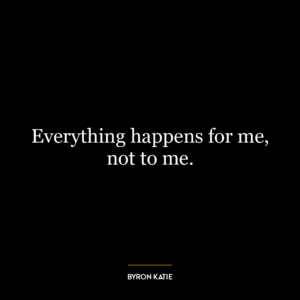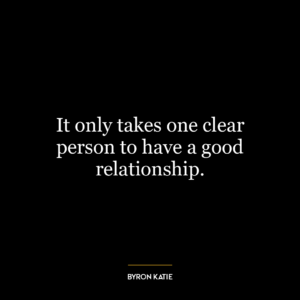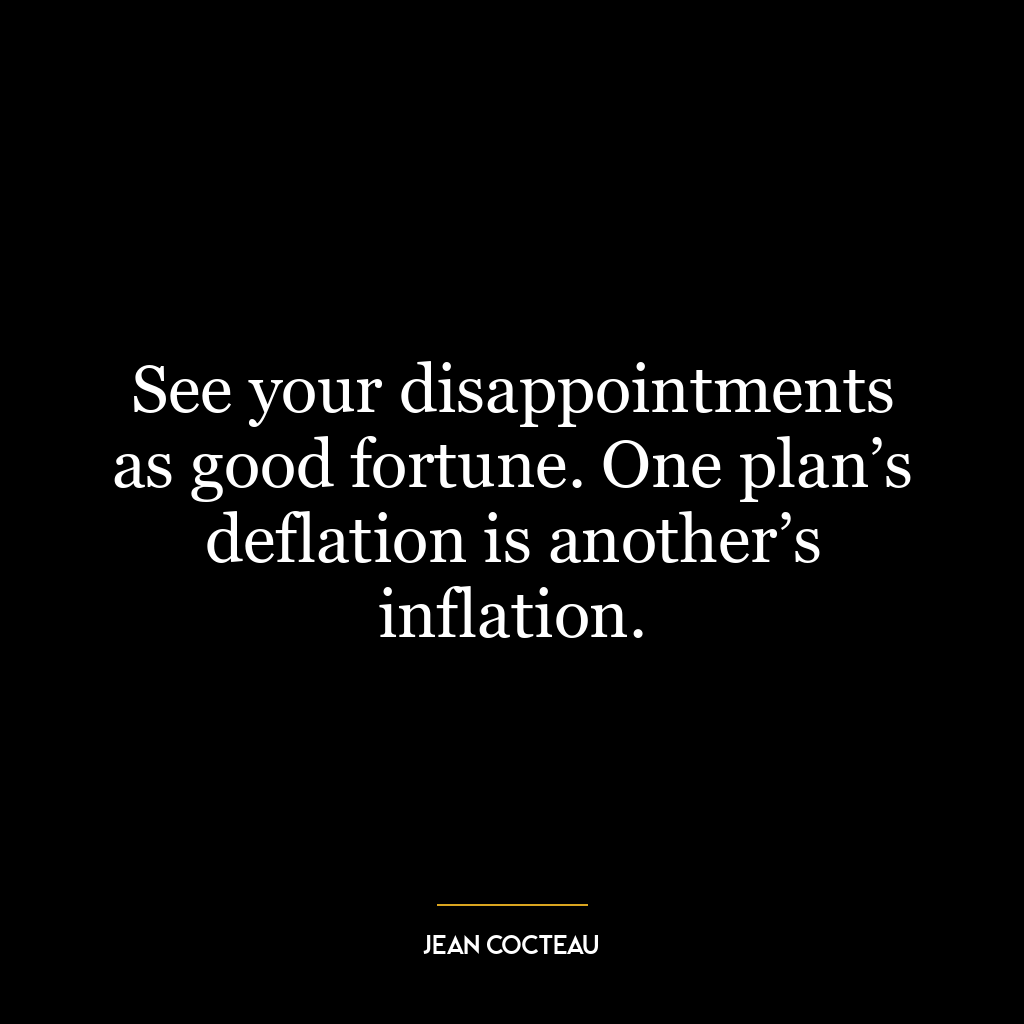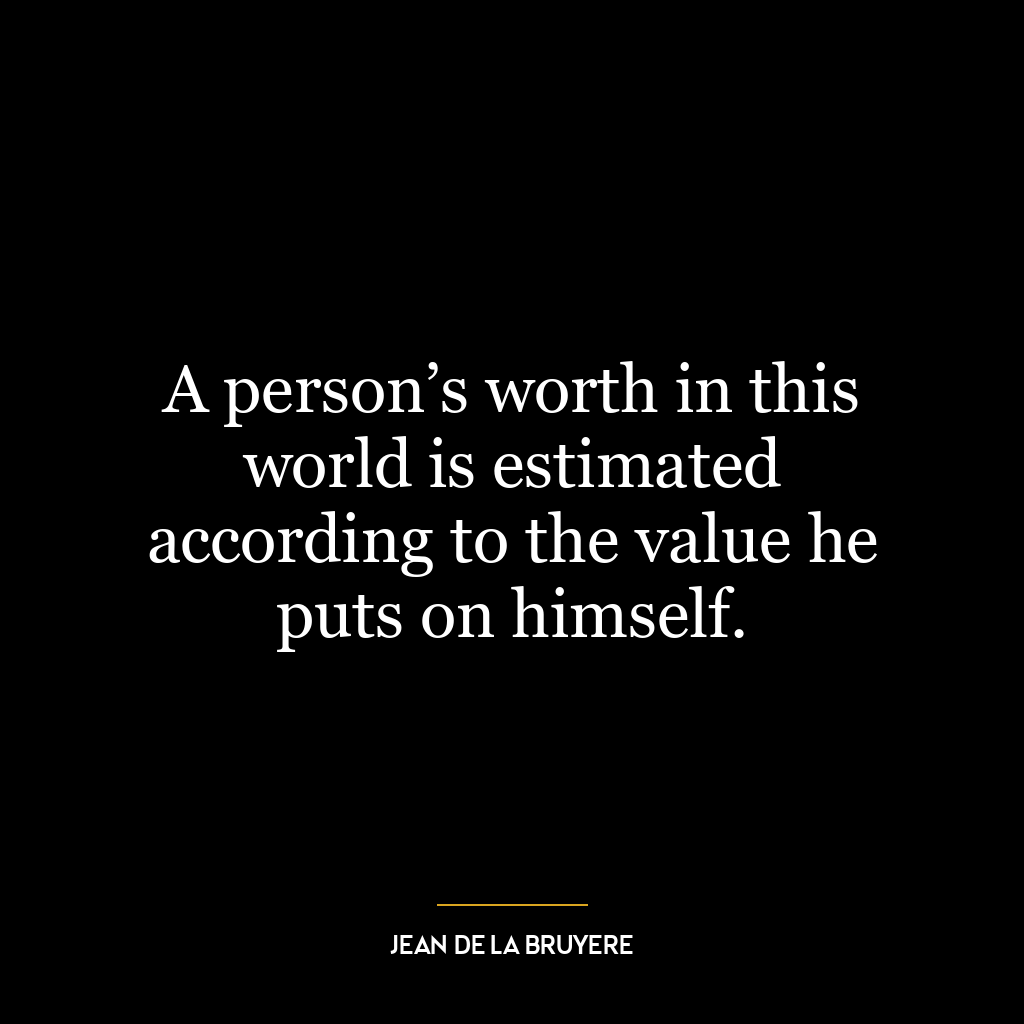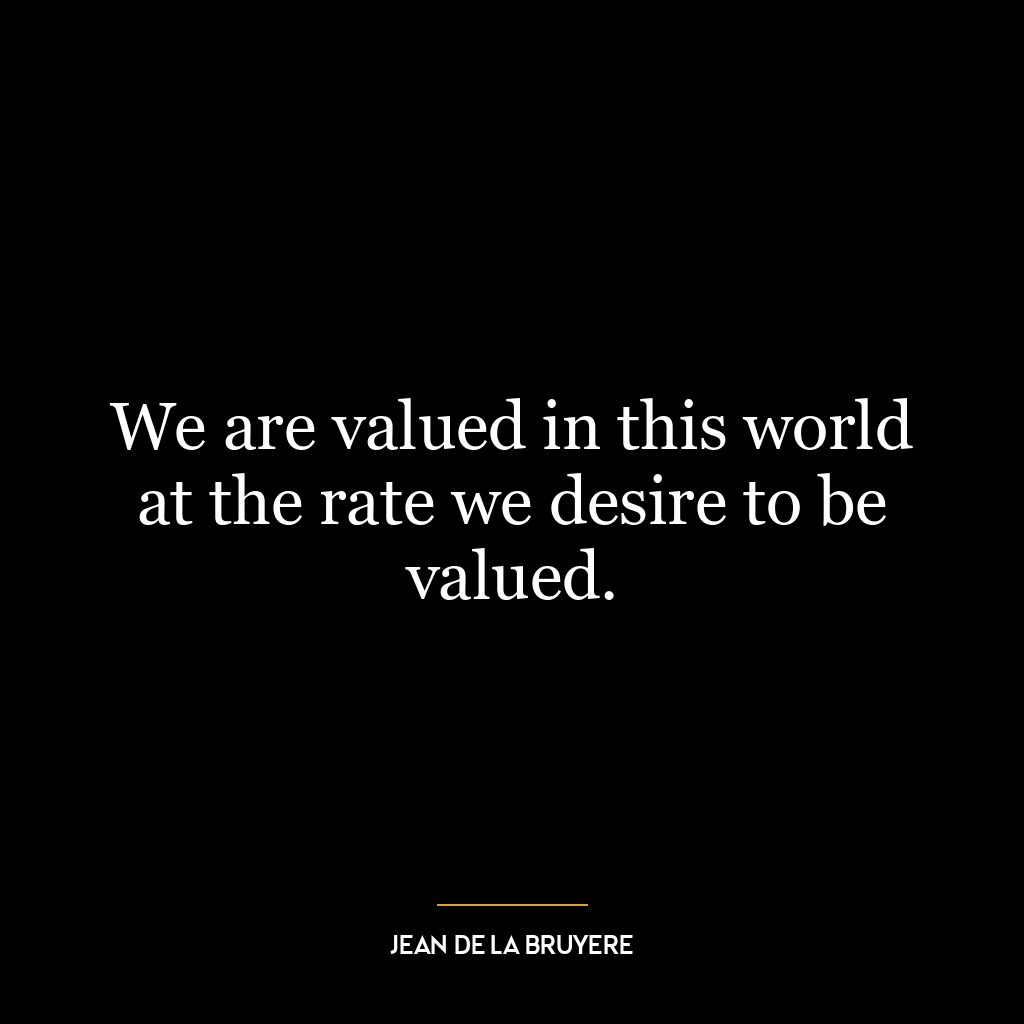Who would you be without the thought that happiness depends on someone else?
This quote delves into the concept of personal responsibility for one’s own happiness. It challenges the common belief that our happiness is dependent on other people, whether that’s a partner, friend, or family member. Instead, it suggests that true happiness comes from within ourselves and is not reliant on external factors or individuals.
The quote questions the reader to consider who they might be if they didn’t hold the belief that their happiness is contingent on someone else. This is a powerful self-reflection exercise as it prompts one to evaluate their own beliefs and assumptions about happiness. It suggests that without this thought, one might be more independent, self-reliant, and possibly even happier.
Applying this idea in today’s world or personal development involves cultivating self-love and self-sufficiency. It means learning to find joy in one’s own company, pursuing personal interests, and not relying on others for validation or happiness. This is not to say that relationships aren’t important, but rather, it encourages individuals to seek happiness within themselves first. This can lead to healthier relationships as individuals are not looking to others to fill a void or bring them happiness, but rather, they are sharing their own happiness with others.
In the context of personal development, this quote encourages self-growth and self-understanding. It pushes individuals to delve deeper into their own beliefs and assumptions and challenge them if necessary. It promotes the idea that each individual holds the key to their own happiness, and through self-reflection and personal growth, they can unlock it. This concept is particularly relevant in today’s world where there is a strong emphasis on individualism and self-improvement.



